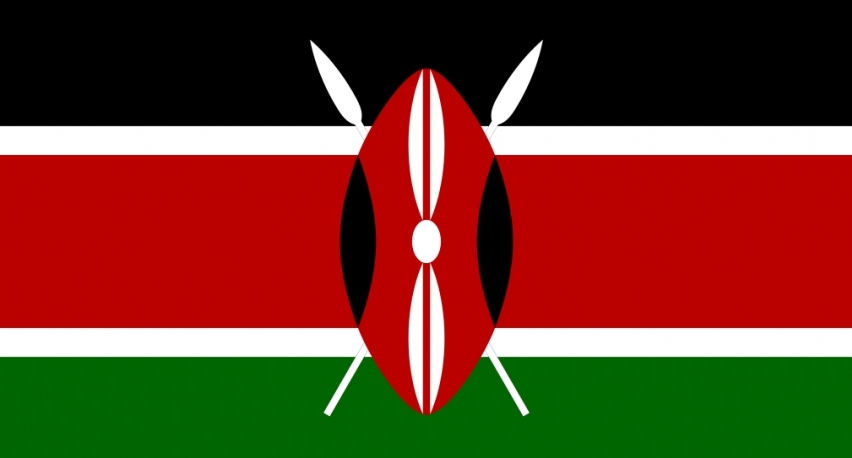Kenya’s African exports drop 1.96%, imports up for the first time
Kenya has consumed more than it sold to African countries in the half-year period, signaling continued dwindling competitiveness of its products on the continent.

August 06, 2019: For the first time, Kenya has consumed more than it sold to African countries in the half-year period, signaling continued dwindling competitiveness of its products on the continent. The data from Kenya Revenue Authority (KRA) show total exports in six months through June dropped 1.96 percent to Sh107.55 billion compared with a year ago, higher than 0.99 percent in imports to Sh107.71 billion.
The trade deficit in Africa, the gap between imports and exports stood at Sh156 million, marking the first time Nairobi has run a deficit since the Central Bank of Kenya (CBK) started to publicly keep trade records in 1999.
Higher growth in imports than exports, economists say, denies Kenya an opportunity to create more jobs because local firms lose out the market to foreign factories and traders.
Kenya has struggled to sustainably expand her exports to African countries since the turn of the decade, further analysis of the official trade statistics indicate a sign that factories in Nairobi have been losing their market share partly due to import substitution amid dwindling industrial competitiveness.
Exports to key markets such as Uganda (Kenya's single largest market), Tanzania and DR Congo have fallen from recent highs because factories in those countries are increasingly producing goods they previously ordered from Nairobi.
Orders from Kampala have dropped to Sh30.77 billion in the January-June 2019 from recent highs of Sh34.51 billion in 2013, the statistics kept by the CBK shows.
Half-year exports to Tanzania have dipped to Sh15.79 billion this year from Sh21.73 billion five years ago, while those from DRC have dipped to Sh6.86 billion from Sh10.12 billion.
Imports from Uganda, on the other hand, have doubled to Sh13.95 billion in June 2019 from Sh5.14 billion in 2014, while Tanzania's has grown to Sh12.95 billion from Sh8.34 billion.
The Kenya Association of Manufacturers (KAM), the sector lobby, has in the past blamed continued erosion in our competitiveness on levies, fees, and taxes which have kept the cost of production for factories high.
The treasury has in the Finance Bill 2019 proposed to cut import development fee (IDF) on raw materials and intermediate goods to 1.5 from 2 percent and increase the same on finished imports to 3.5 percent.
Other proposed protectionist measure aimed at cushioning Kenyan factories include raising railway development levy (RDL) on finished imports to 2 from 1.5 percent.
Factories are, however, yet to start enjoying a 30 percent refund on power bills, due to delayed gazettement of guidelines for benefitting firms.
About 54 percent of manufacturers a survey released on July 3 by Strathmore University and global business management software firm Syspro cited energy as a single largest cost driver for factories.


